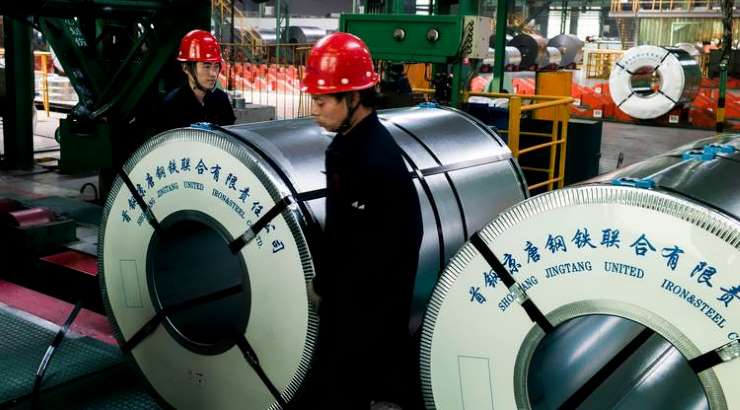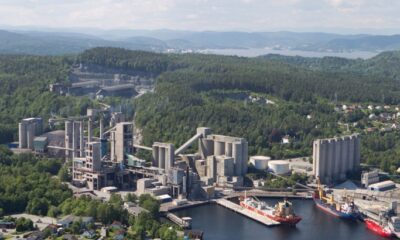Materials & Supplies
Kenyan builders feel the heat of rising steel prices
Developers had last year enjoyed low steel prices due to high output by Chinese manufacturers.

The local construction industry is entering an unprecedented crisis, as the price of steel bars has risen by more than 50 per cent since January.
The hike is already being felt by property developers, especially those who had signed contracts last year when prices were significantly lower.
Developers had last year enjoyed low steel prices due to high output by Chinese manufacturers.
Beginning late 2014 to December 2015, developers enjoyed low prices of steel as the commodity lost Sh28,560 per metric tonne or 57.14 per cent from Sh49,980 per tonne in January 2015.
This created a windfall for importers who shipped in 1.5 million tonnes of steel and iron last year up from 1.2 million tonnes in 2014.
But a declining output by Chinese manufacturers seeking to reverse global price collapse has seen prices rising from Sh30,600 late 2015 to Sh51,000 in April.
“The contractors who had secured work before the latest increase in steel prices are in a fix now, as they have to stick to the old pricing negotiated early this year,” said an importer who declined to be named.
In addition, property developers in Kenya are bracing themselves for higher steel prices following the government’s move to introduce additional duty on steel to cushion local manufacturers from cheap imports.
In his budget speech on June 8, Treasury Cabinet Secretary Henry Rotich introduced a levy of Sh20,000 per metric tonne of imported finished steel to stop the influx of cheap steel into the country.
Steel is one of the most widely used building materials today, mainly because it is versatile, durable, and affordable. The commodity is used for a myriad of different projects, among them bridges, roads, railways, airports, residential estates and office blocks.
Rising steel prices are likely to result in higher prices of homes as property developers pass the higher costs to the buyers. This will complicate the government’s effort to provide affordable homes for low income earners.
Kenya’s housing demand is estimated at 200,000 units a year, yet builders only supply 50,000 units annually, resulting in an annual deficit of 150,000 houses.












